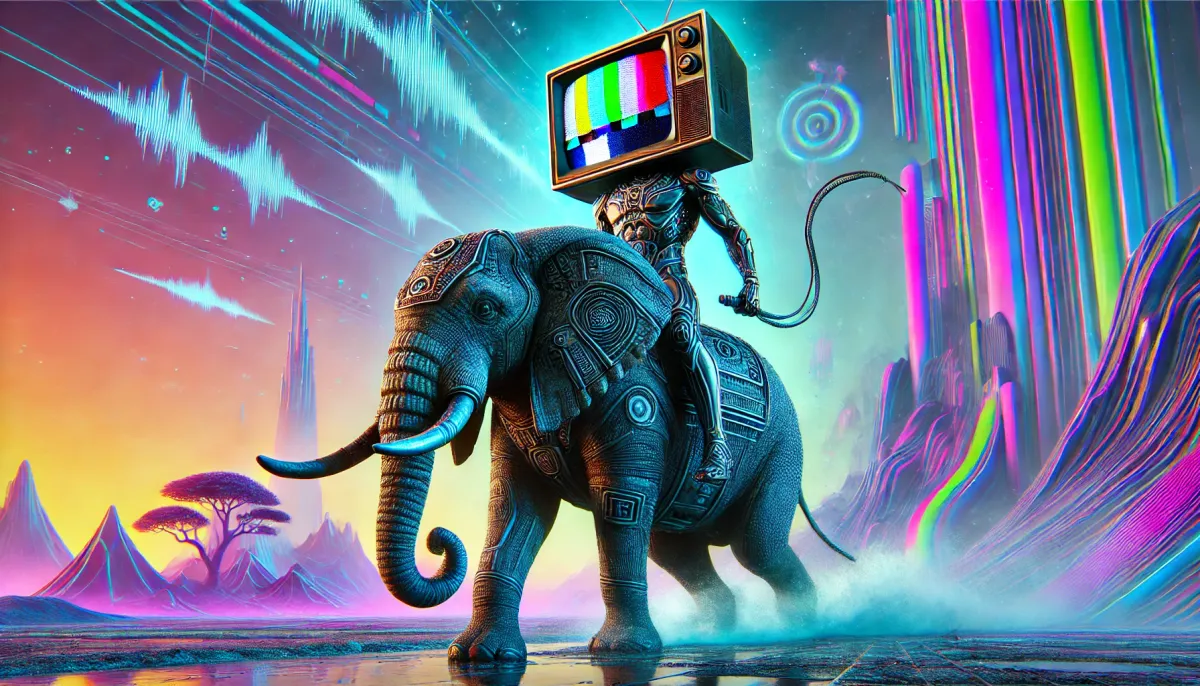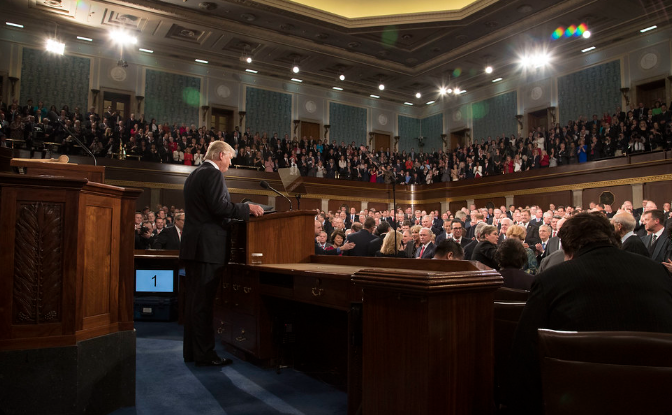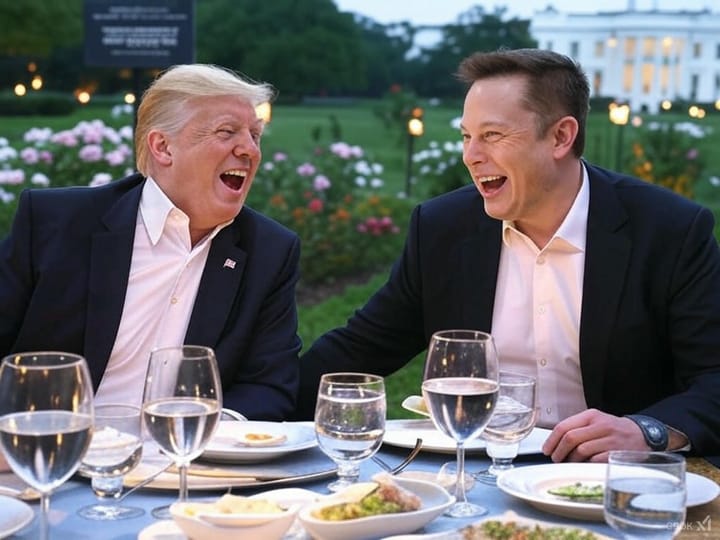Tech Founders Shifting Right: The Growing Rift Between Silicon Valley and the Democratic Party
Tech founders like Musk and Zuckerberg distance from Democrats, align with Trump, reflecting a major shift in Silicon Valley politics.

In a surprising and significant shift, prominent tech founders like Mark Zuckerberg and Elon Musk are increasingly distancing themselves from the Democratic Party, expressing dissatisfaction with current policies and political climate. This pivot has seen them voice support for conservative values and, in some cases, even align themselves with former President Donald Trump. This article delves into the reasons behind this political realignment, the potential implications, and the contrasting relationships these tech moguls have with the Trump and Biden administrations.
Mark Zuckerberg’s Discontent and Growing Frustrations
Mark Zuckerberg, once a steadfast supporter of liberal policies, recently revealed his regrets over Meta bowing to pressure from the Biden administration to censor content, particularly regarding COVID-19. In a letter to the House Judiciary Committee, Zuckerberg stated, "I believe the government pressure was wrong, and I regret that we were not more outspoken about it." He emphasized that Meta would push back against similar influence in the future, marking a significant departure from his previous alignment with the Democratic Party.
Adding to this, Zuckerberg's reaction following an assassination attempt on former President Donald Trump further highlights his shifting stance. He reportedly remarked, “That was one of the most badass things I’ve ever seen.” Although Zuckerberg stopped short of endorsing Trump, this comment, along with his recent stance on censorship, signals a growing rift between him and the Democratic establishment.
Elon Musk’s Fight Against “Wokeism” and Alignment with Trump
Elon Musk has been more direct in his criticisms of the Democratic Party, especially over issues like illegal immigration and "wokeism." Musk accused the party of using immigration policies to create a "one-party state," alleging that the Democrats' goal is to "legalize 15 million illegal immigrants as soon as possible, as well as bring in tens of millions more." He warned that if Trump loses the 2024 election, it could be “the last real election” for the United States, suggesting that the legalization of millions of immigrants would permanently shift the balance of power in favor of the Democrats.
Musk’s relationship with the Biden administration has been rocky. He has clashed with California’s regulations and policies, leading to the relocation of Tesla’s headquarters to Texas. He has also been critical of the administration’s handling of free speech on social media platforms and has clashed with officials over content moderation policies .
Musk and Trump: A Strategic Partnership
The relationship between Musk and Trump has evolved significantly over the past few years. Trump recently announced that, if re-elected, he would appoint Musk to lead a government efficiency commission tasked with conducting a comprehensive audit of the federal government to identify and eliminate inefficiencies, fraud, and improper payments. Musk agreed to take on the role, stating, “I look forward to serving America if the opportunity arises. No pay, no title, no recognition is needed”.
This potential collaboration between Trump and Musk could have far-reaching implications. Critics argue that Musk's involvement could lead to conflicts of interest, given his extensive business ventures that have previously benefited from federal contracts and incentives. There are concerns that such a role would give Musk unprecedented influence over federal policies, which could intersect with his business interests in Tesla, SpaceX, and X (formerly Twitter).
The Broader Shift: Little Tech vs. Big Tech
Beyond these two figures, there’s a broader movement within the tech industry. Prominent venture capitalists like Marc Andreessen and Ben Horowitz have voiced their support for Republican policies, arguing that the current Democratic agenda is stifling innovation and favoring established companies over new startups. This so-called “Little Tech” movement is rallying behind Trump’s re-election campaign, believing that his policies are more conducive to fostering a competitive and innovative business environment.
While Democrats still maintain significant support in Silicon Valley, the cracks are starting to show. With influential figures like Zuckerberg and Musk leading the charge, and a new generation of tech entrepreneurs advocating for conservative policies, the once-unbreakable alliance between Big Tech and the Democratic Party is being seriously questioned.
Conclusion
The evolving dynamics between Musk, Zuckerberg, and the political landscape reflect a significant shift in the tech industry's traditional alignment with the Democratic Party. With tech moguls voicing support for conservative values and aligning themselves with Trump, the political landscape in Silicon Valley and beyond may be on the cusp of a major transformation. As these influential figures continue to shape the discourse, the impact of their political alignments will likely be felt far beyond the tech industry itself.





Comments ()